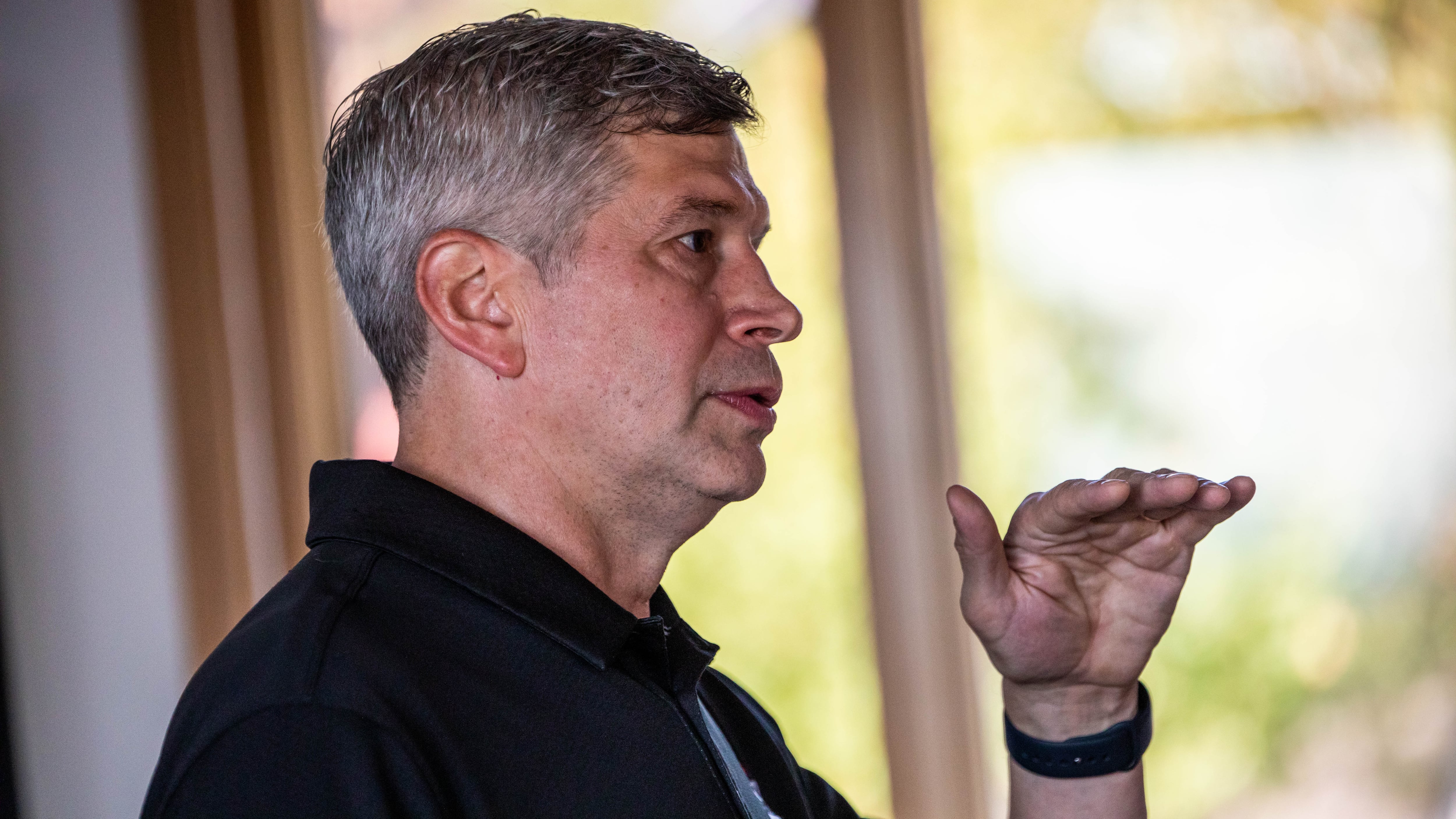The city of Portland’s proposed time, place and manner ordinance to restrict daytime camping has been pulled from this week’s Portland City Council agenda as Commissioner Rene Gonzalez seeks a major change.
Gonzalez wants to put oversight and control of the time, place and manner restrictions in the hands of the future mayor and their appointed city administrator once the new form of government takes effect in January 2025.
Notably, Gonzalez is running for mayor.
Gonzalez sought the opinion of City Attorney Robert Taylor on his proposal. At the behest of Gonzalez, Taylor circulated a draft of an ordinance to city commissioners’ offices on Tuesday afternoon that would consolidate control of the time, place and manner rules under the authority of the mayor and their appointed city administrator.
The draft, a copy of which WW has obtained, lays out a framework under which the mayor and their designee “shall adopt administrative rules specifying the times, places and manners in which camping will be prohibited on public property or public right-of-way in violation of any administrative rule adopted by the mayor or the mayor’s designee.”
The mayor and their designee can also update the rules whenever they see fit so that “camping in or upon any public property or public right-of-way is restricted to the fullest extent allowed by federal and state law.” (If Gonzalez gets council approval for his plan, current Mayor Ted Wheeler would have immediate rule-making power.)
Should the U.S. Supreme Court overturn Martin v. Boise, a ruling that restricts camping bans, and should the state scrap its restrictions on what cities can do about public camping, the draft says, violators of the camping ban could face a $500 fine or up to six months in jail.
Gonzalez says consolidating authority for the ordinance would lessen the chances of it getting stuck in court and would offer the mayor more flexibility to alter the ban as needed.
“Our office is committed to aggressively protecting Portland from the crime, fire hazards, and debilitating drug culture in the encampments that are preying on our most vulnerable residents and harming our community. I will explore every legal avenue to do so,” Gonzalez tells WW.
Commissioner Carmen Rubio, who is also running for mayor, offered a scathing rebuke of Gonzalez’s idea.
“We had a revised camping policy that struck the right balance that was ready for council consideration. Then, late yesterday, Commissioner Gonzalez put a different approach on the table that is inhumane and will no doubt be immediately legally challenged,” Rubio said in a statement. “It criminalizes homelessness—without an opportunity to choose a path toward treatment—and that’s not what Portlanders want.”
Mayor Ted Wheeler on the dais earlier this month also expressed his discomfort with putting the rules in the hands of the city’s executive branch, saying that such a controversial and important policy should be regulated by elected officials who are accountable to the public, i.e., the entire council.
Gonzalez says his model would mirror the city of Gresham’s camping ban.
“We find the Gresham approach appealing because (1) it is flexible and can adjust as a fluid legal environment evolves and (2) allow for more aggressive enforcement once Martin v. Boise and House Bill 3115 are addressed,” Gonzalez says. “Aligning with our neighbor cities is also another major advantage that values collaboration and coordination in confronting what is truly a regional crisis.” (Gresham does not impose criminal penalties, however.)
Commissioner Dan Ryan says he’s open to Gonzalez’s proposal because it “would align with the new charter” and because it would, in some ways, align with Gresham’s model.
A spokesman for Commissioner Mingus Mapps says he is “still reviewing the details before making any determinations” and wants time to “fully understand the humanitarian and legal implications of both proposals.”
The City Council first approved a time, place and manner ordinance last June, but a judge in November prohibited the ban from going into effect after homelessness relief advocates challenged it. City officials decided this spring to rework the ban so it would pass legal muster.
The council was set to vote on the new version of the camping ban this week, but the mayor’s office, at the request of three commissioners’ offices, delayed the item by one week. Commissioners Ryan, Gonzalez and Mapps all asked for an additional week.
